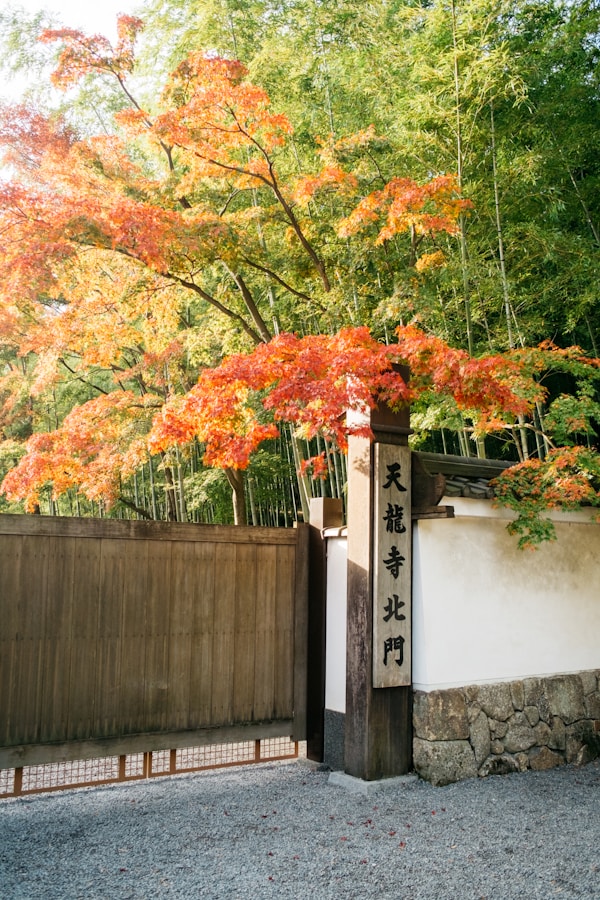.svg)
Foreign-Friendly Resources for Airbnb Hosting in Japan
.svg)
.svg)
.svg)

Shared roads are common in rural Japan—but are they risky? Learn what to consider when buying a home with shared access and how Old Houses Japan can help you decide.
.jpg)

When browsing akiya listings in Japan, you may come across a surprising detail in the fine print: the property is only accessible via a shared road or non-registered path. This situation is more common than you might expect, especially in rural areas where older homes were built before modern zoning and road regulations.
So what does it mean to buy a property with shared or private access? Is it risky—or just something to navigate carefully? This guide breaks down what shared access roads are, how they affect your ownership rights, and whether such properties are worth pursuing.
.jpg)
What Are Shared Access Roads in Japan?
A shared road (私道 / shidō) is a privately owned road or path that provides access to one or more homes. Unlike public roads (公道 / kōdō), these paths:
In rural areas, especially older villages, shared paths or alleyways were often informally agreed upon by neighbors generations ago—and never officially recorded.
Types of Shared or Private Road Situations
Legal and Practical Implications
💼 You may need permission to pave, widen, or build over the road
If you don't own the path or have easement rights, you can't alter it without the owner's consent—even if it’s the only way to reach your home.
🚒 Emergency vehicle access might be limited
In some cases, the road is too narrow (under 4 meters) for fire trucks or ambulances. This can affect building permits or renovation plans.
🔧 You’re responsible for maintenance
If it’s a private road, you or the other owners must repair potholes, trim vegetation, and shovel snow.
📝 You might need to negotiate with neighbors or co-owners
Buying into a shared access situation means you're also entering a long-term relationship with whoever controls or co-uses the road.
Can You Still Get a Building Permit?
In many cases, yes—but it depends on the road’s width, ownership, and legal status. Local building departments typically require:
If the access road doesn’t meet these criteria, you may not be allowed to:
Before you buy, it’s essential to ask the city planning office whether the road satisfies these conditions.
How Old Houses Japan Helps
We regularly encounter akiya listings with access quirks—and we help you understand what’s a dealbreaker and what’s manageable.
Our support includes:
Some shared-access homes offer incredible value—if you go in informed and prepared.
When Is It Worth It?
✅ It might be worth buying if:
🚫 It may not be worth it if:
Final Thoughts
Shared access roads are one of the more complex aspects of buying older property in Japan—but they’re not always dealbreakers. With the right due diligence and local insight, these homes can offer charm, privacy, and exceptional value.
Thinking about a home with a tricky driveway or shared path? Reach out to Old Houses Japan to get clarity before you commit—and make your move with confidence.
Start your journey with Luxey today! Sign up for free and get instant access to the best property listings.



